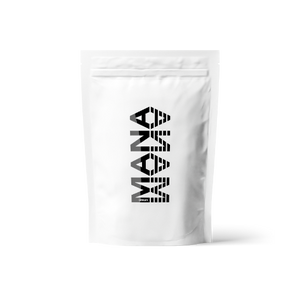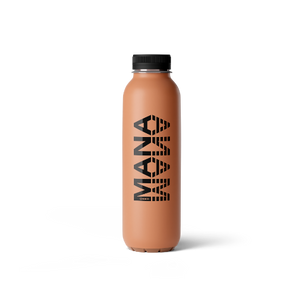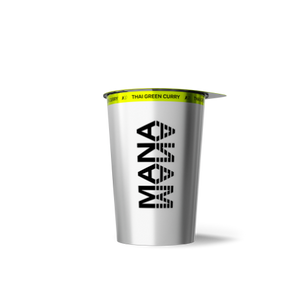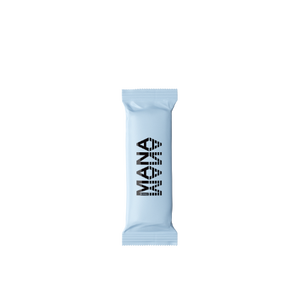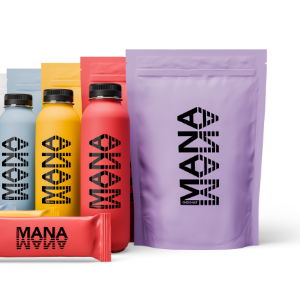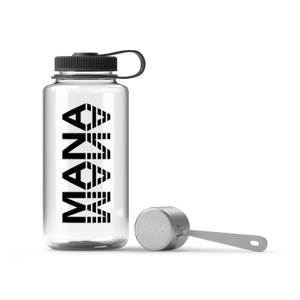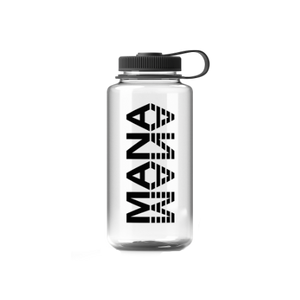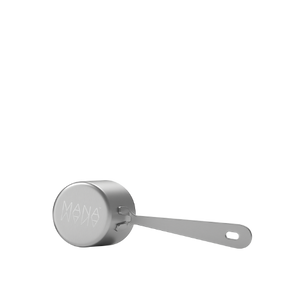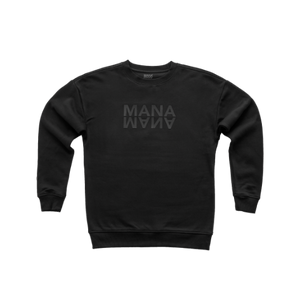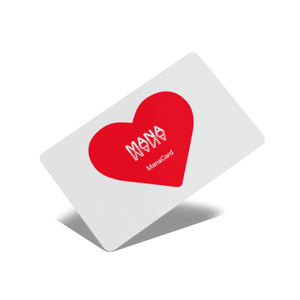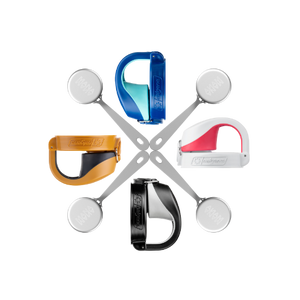Forward-thinking, technology-driven food products like Mana often spark discussion about the benefits or harmfulness of organic foods, natural foods, synthetic foods, and food produced using biotechnology. It therefore makes sense to examine Mana from the point of view of science in order to clarify what it really is and what it is not.
Mana consists of 99.4% refined, natural ingredients, plus vitamins, minerals, and flavourings, some of which are natural and some of which are artificial. The artificial components of Mana, however, are identical to their counterparts that occur in nature. Neither our bodies nor the most sensitive scientific instruments can tell them apart. For example, natural vitamin E isolated from soy and artificial vitamin E are identical substances. Both nature and humans use only slightly different chemical processes to synthesize these substances. In fact, in no case can they be synthesized without chemical processes. This is also true of substances synthesized using biotechnology. To make beer and wine, for example, natural sugars like grape sugar or barley malt are fermented by enzymes in microorganisms to form carbon dioxide and alcohol. We would never say, however, that these are synthetic or "chemical" substances.
Citric acid is produced via analogous fermentation processes involving microorganisms (Aspergillus niger fungus cultures and sugar solutions). This substance, present in all unripe fruits, is often referred to as "synthetic" out of ignorance.
Maltodextrin, which we use to make Mana, is also produced using microorganisms and their enzymes (i.e. corn starch amylases). We use best-quality maltodextrin from European producers. It has a high degree of oligomerization and purity, so it can be easily utilized by the body.
The human body itself is formed on the basis of chemical processes, just like plants and animals. The only difference between these and their "synthetic" counterparts is that the latter are initiated by humans using different chemicals.
It is likewise worth considering that it is not humans but nature that creates some of the most effective poisons (e.g. botulinum toxin, cyanobacterial toxins, fungi). Bacterial and fungal toxins are among the most toxic substances found in food, and many methods are therefore in place to prevent contamination of food with these natural substances. Also undesirable in food are certain heavy metals such as arsenic, cadmium, lead, mercury, as well as an excess of metals that are only essential in specific, optimal amounts, such as copper, manganese, molybdenum, iron, chromium, cobalt, and zinc. Plants and animals "absorb" these substances from their surroundings. So, for example, tomatoes may contain unsafe amounts of arsenic, cadmium, or lead if the soil they grow in is rich in these metals. Growing food in a clean, non-polluted, organic environment is the best way to keep these substances out. Thorough chemical analysis of a food will show the exact amounts of harmful and beneficial substances therein.
This is one of the great advantages of Mana—it is subjected to exhaustive testing in accredited laboratories, which has consistently shown that it is full of beneficial nutrients, and that any potentially harmful substances are present only in amounts well below the limits for safe consumption by humans. Furthermore, we are under the control and supervision of the Agricultural and Food Inspection Authority of the Czech Republic, where we have our main headquarters.
The statements we make on our nutrition labels and website are therefore not based on assumptions, feelings, or less-than-professional analyses. Czech legislation is strict in this respect and, in cooperation with the EFSA, its sister organization, is tougher than most American norms set by the FDA. If we cannot verify it, we do not claim it.
It is also thanks to professional analyses and clinical testing of ingredients that we are able to guarantee a shelf life of 12 months for our drinks and 18 months for our powders. In-depth study has shown that our ingredients are not only high-quality, but full of antioxidants, which, together with high-tech packaging, prevent Mana from spoiling without refrigeration.
Marek Humpl, M.A.
